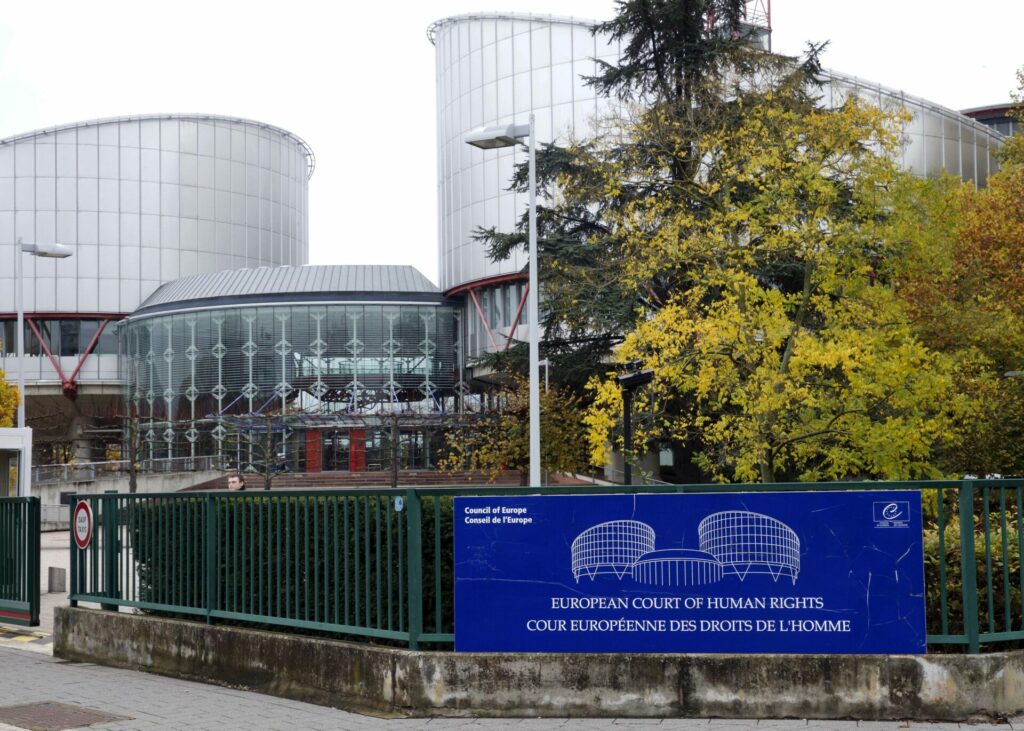Two of Ghent University's specialised centres have deemed that Belgium's way of determining the age of unaccompanied foreign minors (UFMs) does not comply with European and international directives, in a report sent to the European Court of Human Rights (ECHR).
Belgium's age verification procedure has come under fire in the past years as an ECHR case is currently pending over a disputed age check regarding a Guinean woman who arrived in the country in 2019. The report was sent by a collective of NGOs after the Court asked for third-party evidence as they assess the case.
In 2021, 7,180 unaccompanied foreign minors arrived in Belgium. 2,435 of them had to go through age checks to verify if they were truly minors. This check is carried out by the Guardianship Service, which is under the authority of the Ministry of Justice. 69% of those checked were found to be of age.
In this case, two specialised centres at the University of Ghent, the Human Rights Center (HRC) and the Center for the Social Study of Migration and Refugees (CESSMIR) provided legal advice to the European Court in a report that was given to The Brussels Times by Knack journalist, Tex Van Berlaer.
The age-checking process
If Belgian migration authorities express scepticism over a UFM's age upon arrival, the Guardianship Service will immediately commission a medical examination to verify their age.
During this procedure, no guardian, not even a provisional one, is assigned, indicating the lack of a 'presumption of minority,' in which the individual would be considered a minor unless proven otherwise.
This medical examination consists of a triple radiograph of the teeth, collarbone and wrist. Even though the law provides for the possibility of psychoactive tests, they are rarely used in practice.
Related News
- UN World Refugee Day: Europe sees increase in first-time asylum seekers
- Massive increase in suicides and attempts in Belgian asylum centres
- Belgian asylum reception far from child-friendly, research shows
This triple-check has come under fire as charts usually used in Europe for this type of medical examination are based on studies of middle-class white American or European populations. These studies also lack assessment based on the impact of socioeconomic and ethnic characteristics on these charts.
Other documents are not appropriately taken into account, even though this is required by the rules of international law.
European guidance on how best to assess these ages
The report provides the Belgian state with guidance on how to improve this process.
Firstly, relevant authorities should give migrants claiming to be minors the benefit of the doubt as long as the outcome is uncertain.
Secondly, they reminded them of the fact that states are prohibited from relying solely on an assessment of external appearance or a mere physical examination. Reiterating its concern that “the three-phase test used to determine the age of unaccompanied children is intrusive and unreliable”.
Thirdly, age assessment procedures must be conducted in a manner that is in the best interests of the child, and in a language that he understands.
The centres' conclusions
In general, both Ghent University centres urged Belgium to consider the consensus among international human rights bodies that medical examinations should be used as a last resort, as well as taking other documents into account.
Concluding that "results from skeletal and dental age assessment cannot in themselves be considered as such sufficiently reliable and conclusive evidence."

